1. “Atomic Habits” by James Clear
An Easy & Proven Way to Build Good Habits & Break Bad Ones” by James Clear (2018)
What You’ll Learn:
This book teaches the science of habit formation through the Four Laws of Behavior Change:
- Make it Obvious: Design your environment to cue desired habits.
- Make it Attractive: Pair habits with something you enjoy.
- Make it Easy: Remove friction to make habits effortless.
- Make it Satisfying: Reward yourself to reinforce the behavior.
Reader’s Review:
“Atomic Habits” isn’t just a book; it’s a toolkit. As I applied its lessons, I realized how small, consistent changes dramatically impacted my life. The focus on systems rather than goals reshaped my approach to self-improvement.
2. “The Power of Now” by Eckhart Tolle

What You’ll Learn:
Tolle emphasizes mindfulness and detachment from the ego. His framework revolves around:
- Recognizing the “pain-body” (negative emotions we carry).
- Shifting focus to the present moment rather than dwelling on the past or worrying about the future.
Reader’s Review:
I found this book profoundly spiritual and practical. The exercises helped me quiet my inner chatter and appreciate life’s simplicity. It’s like a guide to inner peace in a chaotic world.
3. “How to Win Friends and Influence People” by Dale Carnegie (1936)
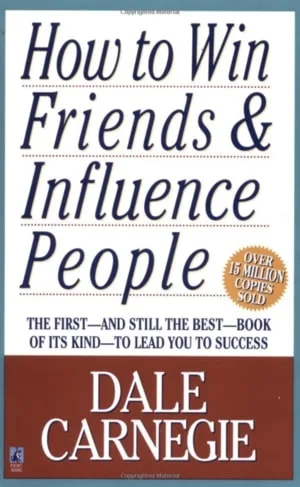
What You’ll Learn:
Carnegie provides principles for better communication and relationship-building, such as:
- “Give honest and sincere appreciation.”
- “Be genuinely interested in other people.”
- “Let the other person feel the idea is theirs.”
Reader’s Review:
This book is timeless. As someone who struggled with networking, its lessons transformed how I interact with people. It’s a game-changer for both personal and professional relationships.
4. “Think and Grow Rich” by Napoleon Hill (1937)
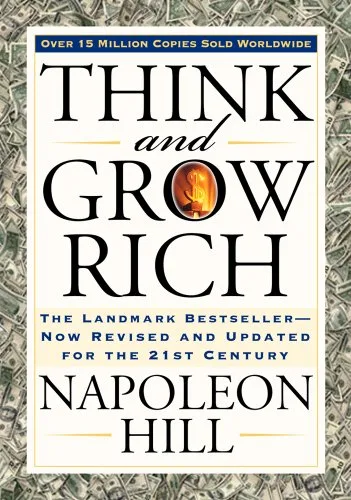
What You’ll Learn:
Hill’s 13 Principles of Success include:
- Desire: Define what you want most.
- Faith: Believe in your ability to succeed.
- Persistence: Overcome obstacles with unwavering determination.
Reader’s Review:
This classic taught me the power of visualization and affirmations. It’s not just about money; it’s about aligning your mindset with your goals.
5. “Daring Greatly” by Brené Brown
What You’ll Learn:
Brown explains the link between vulnerability and strength. Her framework includes:
- Cultivating courage by embracing imperfections.
- Building resilience to shame through connection and empathy.
Reader’s Review:
“Daring Greatly” changed how I view vulnerability. It’s not a weakness but a doorway to meaningful relationships and creativity.
6. “Deep Work” by Cal Newport
What You’ll Learn:
Newport introduces strategies for focusing deeply in a distracted world:
- Work Deeply: Dedicate uninterrupted time to meaningful work.
- Embrace Boredom: Resist the urge to switch tasks for mental clarity.
- Quit Social Media: Reduce shallow distractions.
Reader’s Review:
This book revolutionized my productivity. By scheduling “deep work” blocks, I’ve been able to achieve more in less time.
7. “Man’s Search for Meaning” by Viktor E. Frankl (1946)

What You’ll Learn:
Frankl’s logotherapy framework emphasizes:
- Finding purpose even in suffering.
- Taking responsibility for your attitude and actions.
Reader’s Review:
This book is deeply moving. It taught me that no matter the circumstances, we always have the freedom to choose our response.
8. Thinking, Fast and Slow by Daniel Kahneman (2011)
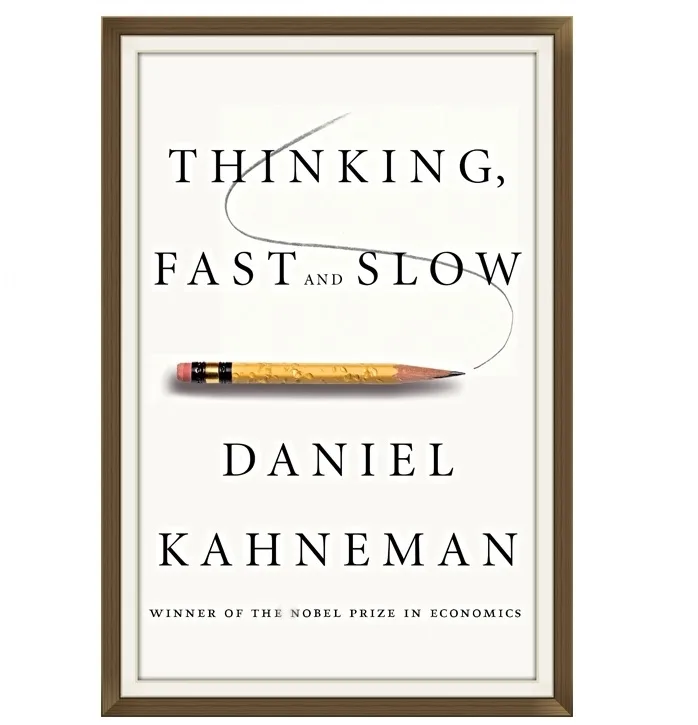
What You’ll Learn:
Daniel Kahneman, a Nobel laureate in economics, takes readers on a fascinating journey through the inner workings of the mind. In this book, he introduces two systems of thinking that influence our decisions and behavior:
- System 1 (Fast Thinking):
- Operates automatically and quickly, with little or no effort.
- Responsible for intuitive judgments and quick reactions.
- Example: Recognizing a face in a crowd or completing the phrase “bread and…”
- System 2 (Slow Thinking):
- Deliberative, logical, and effortful.
- Engages in analytical problem-solving and critical thinking.
- Example: Solving a math problem or comparing two financial plans.
Kahneman reveals how these systems interact and often conflict, leading to cognitive biases and errors in judgment.
Key Concepts and Frameworks:
- Cognitive Biases: Learn about errors like the anchoring effect, loss aversion, and overconfidence bias. These biases often skew decision-making without us realizing it.
- Prospect Theory: Explains why we fear losses more than we value gains, shaping our risk-taking behavior.
- The Halo Effect: How our overall impression of something influences unrelated judgments.
Reader’s Review:
“Thinking, Fast and Slow” transformed how I understand my decision-making process. It made me aware of how much of my thinking is influenced by subconscious shortcuts, and it gave me tools to slow down and make better choices. The book’s blend of psychology, economics, and real-world examples kept me engaged from start to finish.
Practical Takeaways:
- Pause Before Deciding: When facing an important decision, engage System 2 by taking a moment to think critically instead of reacting impulsively.
- Identify Biases: Recognize when biases like overconfidence or anchoring might be affecting your choices.
- Challenge Intuition: Trust your gut for small decisions, but for complex situations, rely on deliberate reasoning.
9. “Can’t Hurt Me” by David Goggins
What You’ll Learn:
Goggins shares tools for mental toughness, including:
- The Accountability Mirror: Confront your shortcomings to spark change.
- Callousing the Mind: Train yourself to endure discomfort.
Reader’s Review:
This book is raw and motivating. Goggins inspired me to push past my limits and silence my excuses.
10. “The 7 Habits of Highly Effective People” by Stephen R. Covey (1989)
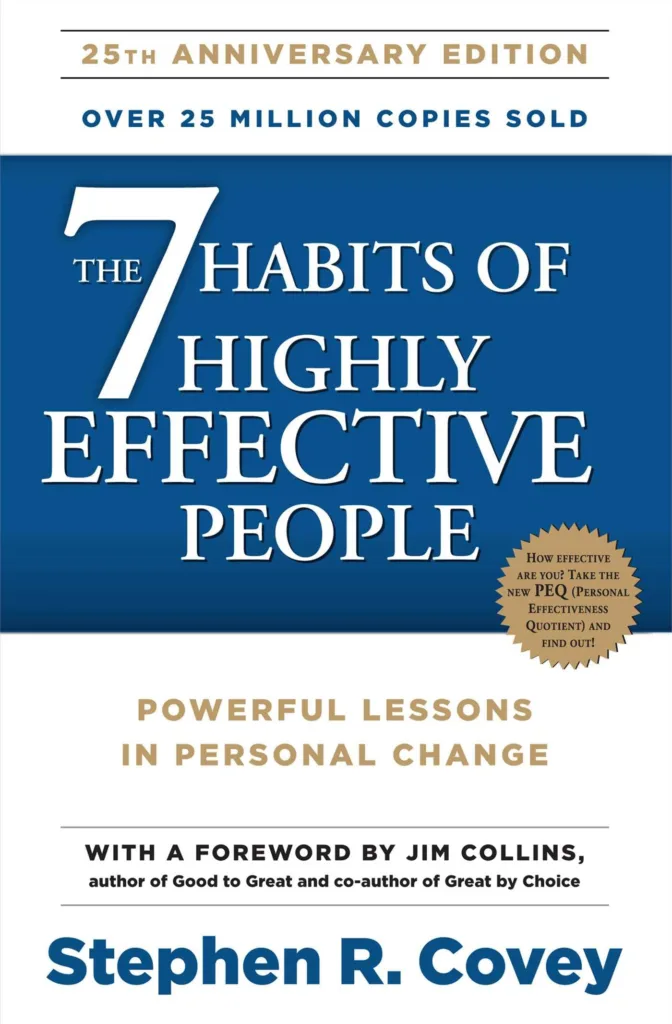
What You’ll Learn:
Covey’s 7 Habits Framework includes:
- Be Proactive.
- Begin with the End in Mind.
- Put First Things First.
- Think Win-Win.
- Seek First to Understand, Then to Be Understood.
- Synergize.
- Sharpen the Saw.
Reader’s Review:
This is more than a book; it’s a life manual. The lessons on prioritization and empathetic listening have profoundly improved my life.
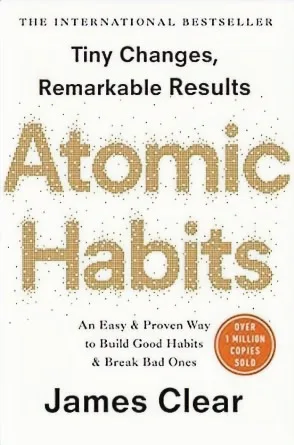
Leave a Reply
You must be logged in to post a comment.